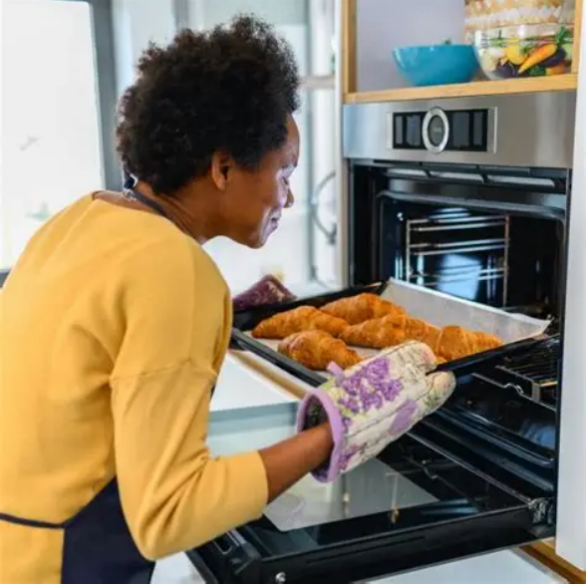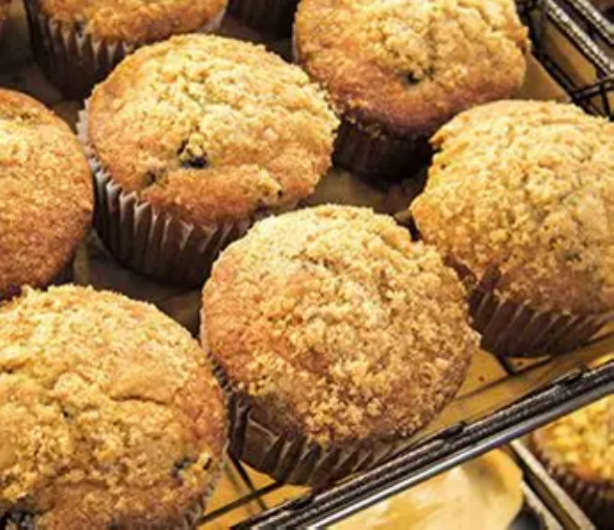
2025 has seen a sharp rise in cottage food operations across Europe and America, as home bakers turn their passion for sourdough, custom cakes, and artisanal cookies into small-scale businesses—selling at local farmers’ markets, taking custom orders via social media, or supplying neighborhood cafes. Yet, this sweet venture carries hidden risks: a batch of contaminated brownies making a customer ill, a commercial-grade oven breaking mid-holiday order rush, or a delivery mishap ruining a wedding cake. Traditional home insurance explicitly excludes business-related losses, and generic small-business policies often overlook the unique needs of home bakers. Cottage Food Operation Insurance has emerged as a tailored solution, protecting both the bakers’ livelihoods and their customers.
This specialized insurance bundles three critical protections for home bakers. First, product liability coverage addresses the biggest fear: harm caused by baked goods. If a customer suffers food poisoning from undercooked pastries or an allergic reaction to undeclared nuts, the policy covers legal fees and compensation costs. In 2025, data from the U.S. Food and Drug Administration showed that cottage food-related liability claims averaged two thousand five hundred dollars, while in Europe, the European Food Safety Authority reported average claims of two thousand euros. For example, a baker in Paris whose gluten-free cake was accidentally cross-contaminated could have their one thousand eight hundred euro compensation bill fully covered. Second, equipment protection covers the tools that keep operations running—commercial mixers, convection ovens, refrigerators, and even specialty gear like cake-decorating airbrushes. Unlike home insurance, which caps coverage for “kitchen appliances” at three hundred euros or four hundred dollars, this policy offers limits between one thousand and five thousand euros in Europe and one thousand five hundred and seven thousand dollars in the U.S. A London baker whose three thousand euro oven breaks during Christmas order season could recoup two thousand five hundred euros for repairs. Third, business interruption coverage compensates for lost income if operations pause due to insured issues—like an oven breakdown or a temporary kitchen closure from a minor fire. A Berlin baker forced to halt orders for two weeks might receive one thousand two hundred euros to cover missed sales.

The market for this insurance has grown to match the cottage food boom, with providers offering flexible, baker-friendly plans. In Europe, AXA’s “Cottage Food Plan” includes product liability up to one million euros and equipment coverage, with discounts for bakers who follow local food safety guidelines (such as France’s Loi sur l’Alimentation or Germany’s Lebensmittelhygienevorschriften). In the United Kingdom, Simply Business offers pay-as-you-go policies, letting part-time bakers pay only during peak seasons (like Christmas or wedding season) instead of annual fees. In the United States, the Farm Bureau’s “Home Bakery Shield” aligns with state-specific cottage food laws (e.g., California’s Cottage Food Operation Act), ensuring coverage complies with local regulations. Lemonade’s “BakeGuard” uses AI to process claims in under twenty-four hours—critical for bakers who need quick funds to fix equipment or fulfill urgent orders.

When choosing a policy, home bakers should prioritize three factors. Coverage alignment with local laws: Ensure the policy meets the requirements of regional cottage food regulations, as some areas mandate specific liability limits. Equipment valuation: Opt for plans that cover replacement cost (not depreciated value) so you can replace old gear with new, equivalent models. Claim responsiveness: Look for insurers with dedicated cottage food support teams—general small-business insurers may not understand the urgency of a broken oven during a holiday rush. It’s also wise to check for exclusions: some plans don’t cover delivery-related losses or baked goods sold outside designated channels (e.g., online sales in areas where they’re prohibited).
For home bakers in Europe and America, this insurance isn’t just an expense—it’s a lifeline. In a year where small-scale food ventures are thriving, it turns the risks of running a home bakery into manageable ones, letting bakers focus on what they do best: creating delicious treats. No longer do they have to choose between pursuing their passion and protecting their finances; Cottage Food Operation Insurance bridges that gap, ensuring every batch baked at home can grow into a sustainable, secure business.

